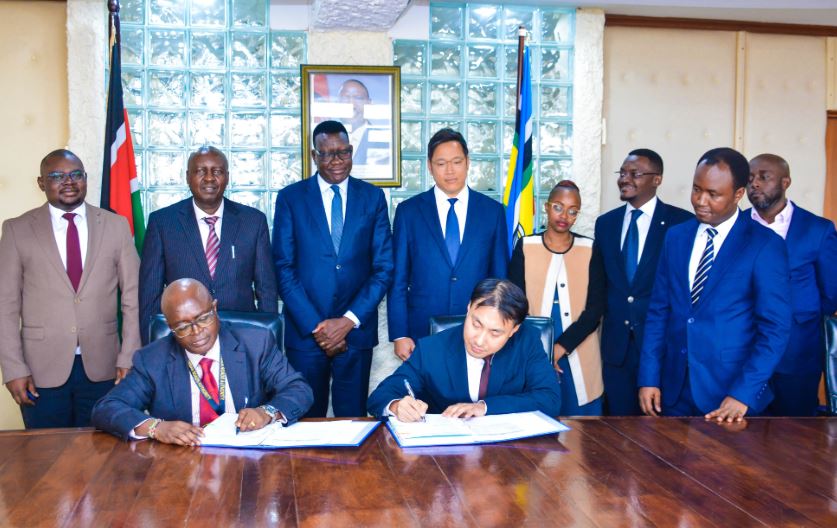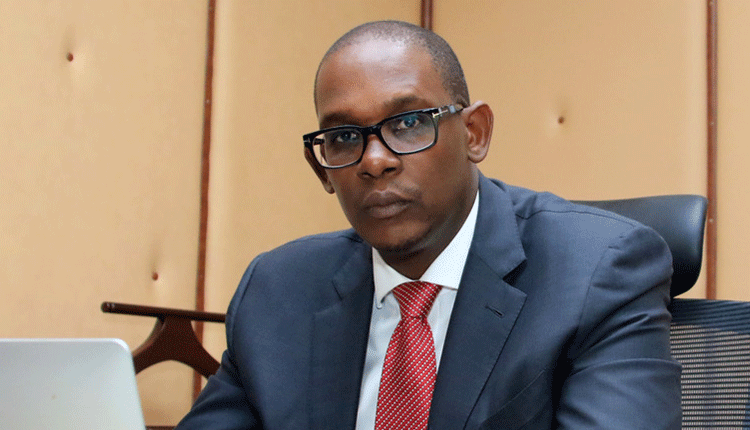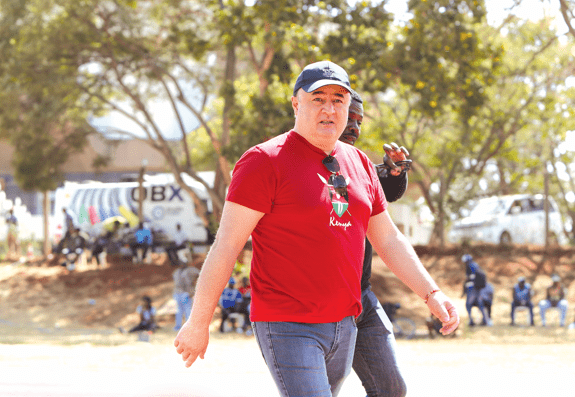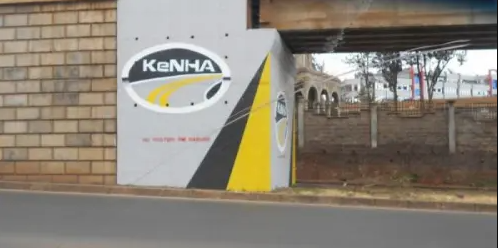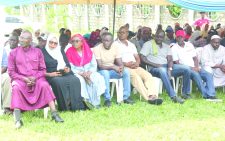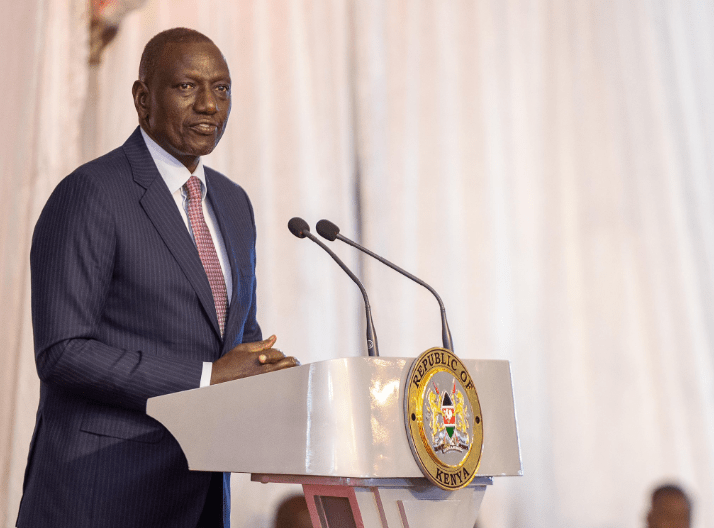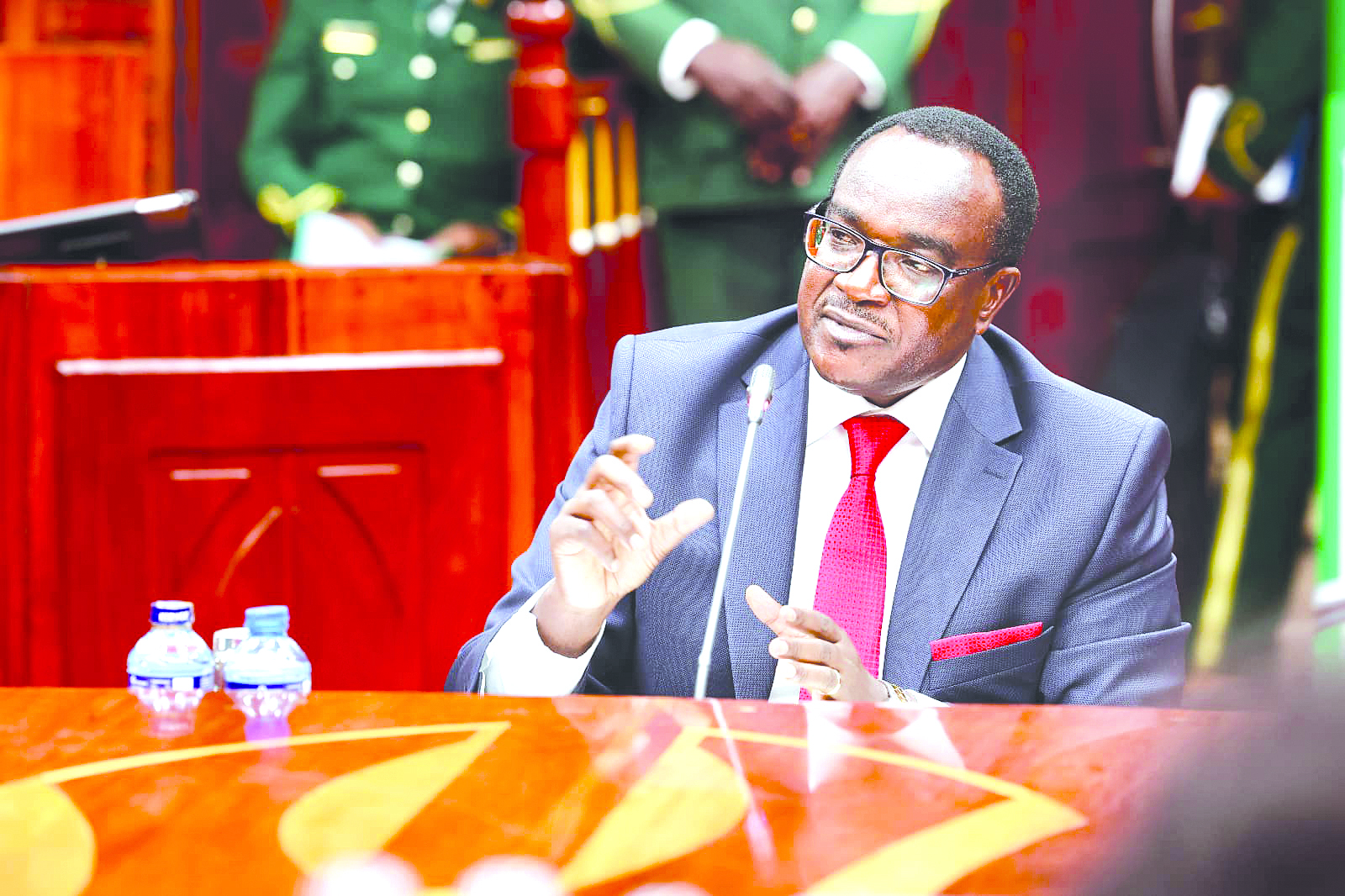Misuse of urban roads biggest headache for Kura
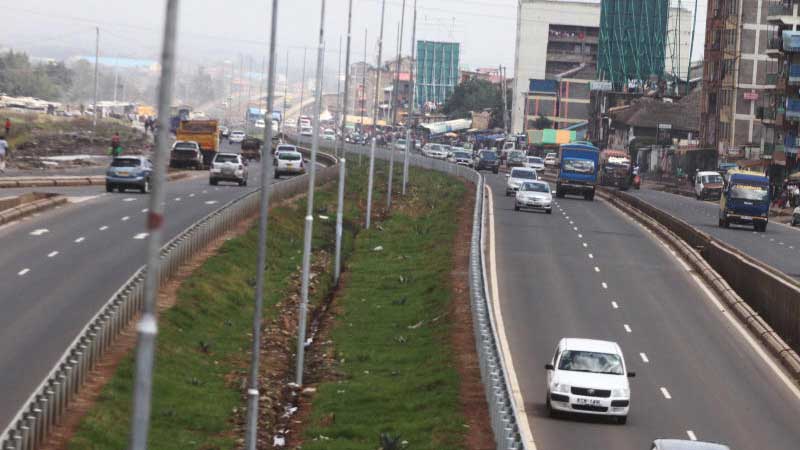
Eng Silas Kinoti
The Kenya Urban Roads Authority (Kura) is a statutory body established by the Kenya Roads Acts, 2007 and it is responsible for the management, development, rehabilitation, and maintenance of National Trunk Roads in the urban areas.
The authority is working hard to ensure there is seamless connectivity within urban centres.
However, one of the biggest challenges the agency faces is misuse of roads. It is a worrying trend as one travels across the country and sees how various roads are misused.
Most roads are not being used for the intended purposes and this has caused accidents and loss of property that could have been avoided.
In most urban areas, Kura has built access roads, alleys, footpaths and they are not used as intended. In some cases, traders have converted sections of roads into places where they sell their wares.
Kiosks are built right on the road. A good example is in Eastleigh where at times, hawkers take over entire streets and block other road users.
Several bus companies, matatus and Tuk Tuks have converted sections of roads into parking yards.
Elsewhere, you find motor vehicle garages set up on the roads. Hawkers have also taken up footbridges for their businesses.
These challenges, make one wonder why the roads were constructed in the first place.
The government is investing billions of cash into roads to ensure ease of movement of goods and services, people and general safety.
When it comes to urban planning of roads, we have the motorised and the non-motorised traffic. The latter includes cyclists and pedestrians.
Whenever a road is misused, space used for either motorised or non-motorised traffic is taken up and you will find space for motorists strained and pedestrians lack ample space to walk in after the footpaths have been taken away or blocked.
To overcome the challenge of misuse of roads, Kura is working with stakeholders to prevent people from encroaching on roads.
Normally, we must leave a space of 30 metres on either side of the road, but this is always taken up by irresponsible people.
Occasionally, we carry out enforcement and at times it leads to violence due to resistance and loss of property and livelihoods.
The enforcement is always preceded by notices for affected individuals to vacate the spaces, but few heed the call.
As an agency, we feel disheartened when property is destroyed during the operations but we are often pushed to the corner and left with no options but to clear the roads.
It is with this harsh reality that we call on all Kenyans not to encroach on the roads for any use other than the intended ones, because by doing so, they infringe on the rights and endanger lives of other road users.
Kura has a total of 12 policemen seconded to it to help in enforcement. However, we do not want to increase this number and turn the agency into a ‘police station’.
Our appeal to the public is that we need to partner, and no one should break the law.
We have carried out several sensitisation campaigns but unfortunately, very few Kenyans have heeded to our calls.
Some pedestrians do not to want to use footbridges to cross roads thus endangering their lives and those of other road users. Others mindlessly litter footbridges.
For the case of Nairobi, we partnered with the County government and put up the New Wakulima Market on Kangundo Road.
In July, the market was opened, and it helped settle the 943 traders displaced during the 13km dualling of Outering Road.
The Sh8.5 billion road project funded by the African Development Bank lessened travel time from Eastlands areas into the city centre.
Kura is sensitive to the people’s needs and whenever we carry out a new project, we consider the people that will be affected and plan on livelihood restorations.
We have partnered, and will continue to do so, with county governments, the police and other stakeholders to enforce the rules, but, we encourage all Kenyans to use roads for the intended purposes to keep them safe now and in the future. — The writer is the Director General Kura
